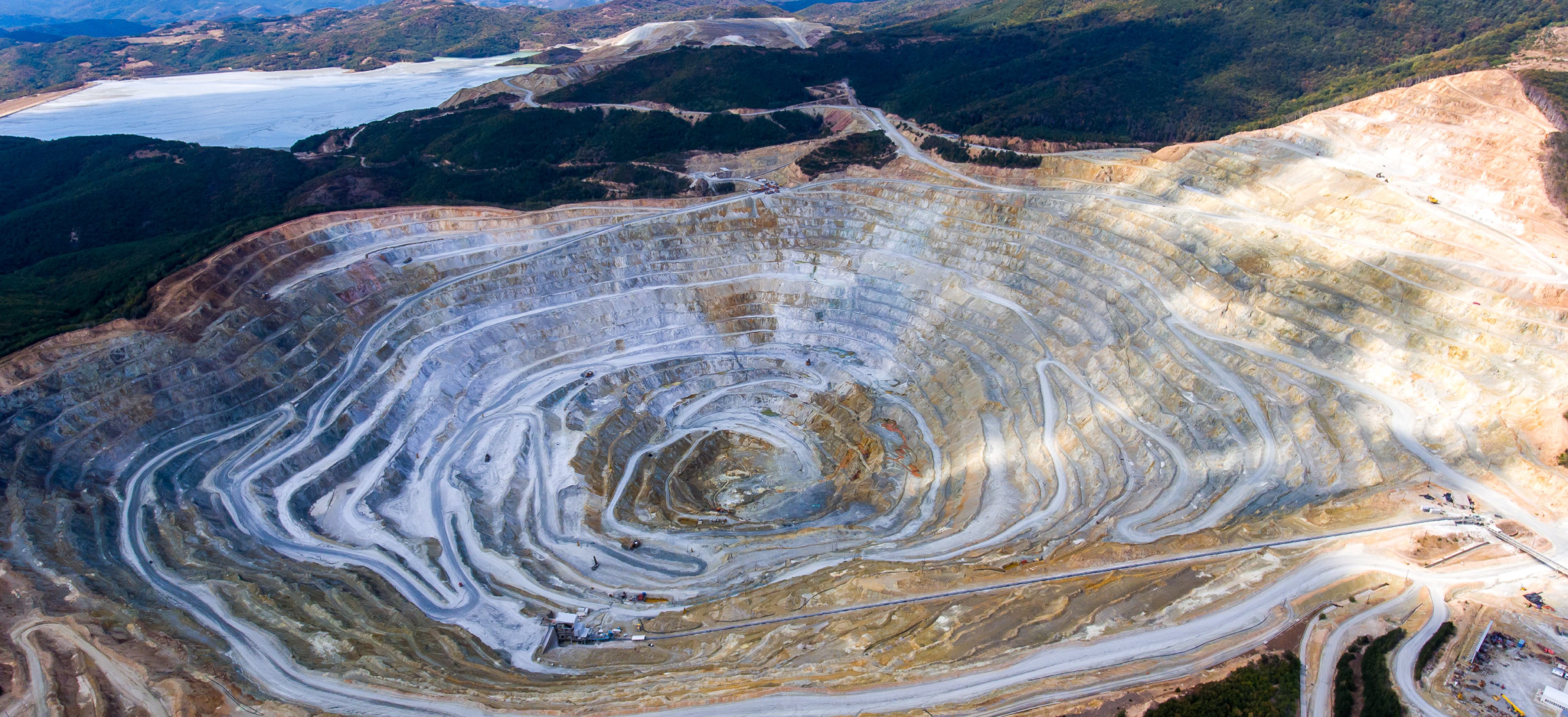Lima, OCTOBER 6 2023 The La Granja Project Is Considering Updating its Environmental Impact Assessment Study

- Meanwhile, Zafranal plans to use renewable sources for its energy supply, and Corani is constantly working with the communities.
During their participation in PERUMIN 36, diplomatic officials highlighted the progress of mining projects with Canadian investment, such as La Granja, Zafranal, and Corani, with an estimated total value of US$10 billion.
Specifically, Alexandra Laverdure, an advisor at the Canadian Embassy, stated that the update of the Environmental Impact Assessment for the La Granja project, located in Cajamarca, is under evaluation. The purpose is to address complexities such as the treatment of the high levels of arsenic found in the copper deposit.
She also highlighted Minera Zafranal's interest in renewable energy for its future mining operations in Arequipa. This initiative is in line with measures proposed by standards of good corporate, social and environmental governance for a more efficient and environmentally responsible industry.
In addition, she mentioned that Bear Creek continues to engage with the communities directly affected by the Corani project in Puno, working on socialization efforts. They are also involved in the implementation of projects in health, education, productive initiatives, as well as electricity generation and roads infrastructure projects.
Strategic Partner
Ambassador Louis Marcotte also confirmed that Peru is a strategic partner for Canada in the mining sector. Canada is the largest foreign investor in exploration activities and the third-largest investor in the portfolio of advanced mining projects in Peru. They will continue to invest in the national geological potential.
Canada has $14 billion in mining investments in Peru. And we know that at the moment there are exploration projects worth more than 130 million dollars. In the three mining projects mentioned, Zafranal, Corani and La Granja, there are 10 billion dollars projected for the coming years," the diplomat explained.
Commercial Relations
Regarding commercial relations, he mentioned that not only Canadian companies invest in the development of mining deposits in Peru, but there are also suppliers of goods and services, commonly known as METS, which contribute to the environmental protection of the mining sector and the social acceptance of the projects.
"But we also see the opposite, because thanks to the free trade agreements between the two countries, since 2009 there has been a commercial diversification in products and in the type of exporters and importers, with active participation of Peruvian SMEs in the Canadian market and vice versa," added Ambassador Louis Marcotte.







